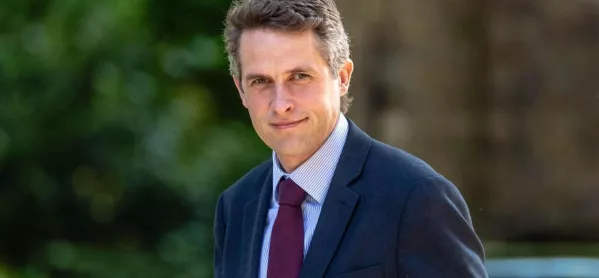Education secretary Gavin Williamson’s comment that live remote lessons are the “best” form of teaching in the current lockdown has put him in direct opposition to the view held by schools’ inspectorate Ofsted.
Mr Williamson was answering MPs’ questions in the House of Commons this afternoon when he said: “What we do want to see and we do want to encourage is as much live teaching as possible, which [is] shown to be the best way in terms of delivering teaching.”
However, last week Ofsted’s research head, Professor Daniel Muijs, said it was an “unhelpful myth” that the best way to deliver remote education was through live lessons.
How to do online learning ‘well’: Ofsted’s 7 top tips
In full: Online learning - what the DfE expects of teachers
First lockdown: DfE sets out best practice for remote learning
Covid: What schools need to know about the new legal duty to provide remote learning
He set out seven key guidelines for teachers. In a document outlining “some useful advice” for school leaders and teachers, aimed at helping them to develop remote education during lockdown, Professor Muijs said: “Some think that a live lesson is the ‘gold standard’ of remote education. This isn’t necessarily the case.
“Live lessons have a lot of advantages. They can make curriculum alignment easier, and can keep pupils’ attention, not least as the teacher has more control over the learning environment.”
But he added that live lessons can lack flexibility and interaction, and that it may be better to use a “flipped learning“ approach, where new content is taught through a recorded lesson before pupils put this into practice and receive tutoring and feedback.
